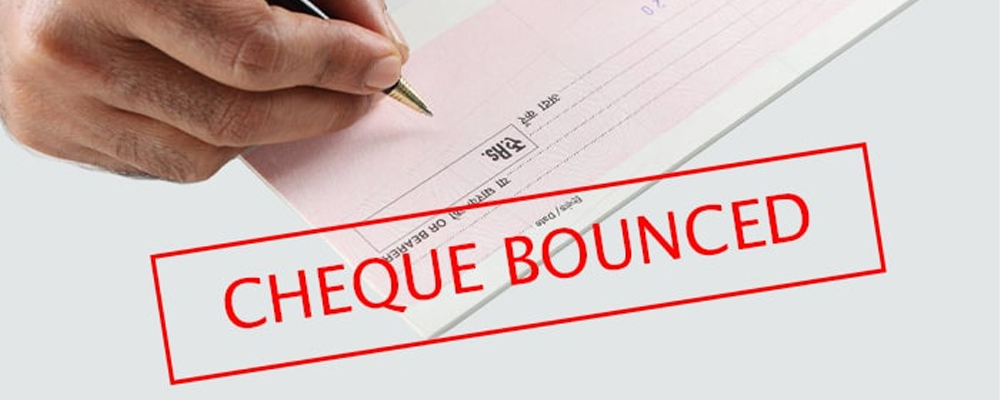
Cheque bounce case lawyer in Delhi. Cheque bounce cases, governed under Section 138 of the Negotiable Instruments Act, 1881, arise when a cheque issued for payment is dishonored by the bank due to insufficient funds or other reasons. Such matters are treated as criminal offences and require a systematic legal approach involving notice, complaint, and court proceedings.
Legal Framework
Section 138 of the Act establishes the liability of the drawer of the cheque if the payment is not honoured. The process involves serving a statutory notice within 30 days of receiving the dishonour memo, allowing the drawer 15 days to make payment before initiating legal action.
Common Grounds for Dishonour
- Insufficient funds in the account
- Signature mismatch
- Account closure or stop payment instructions
- Cheque validity expired
- Alterations or overwriting in the cheque
Procedure
- Demand Notice: A formal notice is issued to the drawer by, cheque bounce case lawyer, seeking payment within the prescribed period.
- Filing of Complaint: If payment is not made, a criminal complaint is filed before the Magistrate under Section 138.
- Trial & Evidence: The matter proceeds through examination of parties, documentary evidence, and witness testimony.
- Judgment: Upon proof of liability, the court may impose fine, imprisonment, or both, along with compensation to the complainant.
Importance of Documentation
Proper documentation, including the cheque, return memo, legal notice, and proof of service, is crucial to establish the case. Timely filing and procedural compliance significantly impact the outcome.
